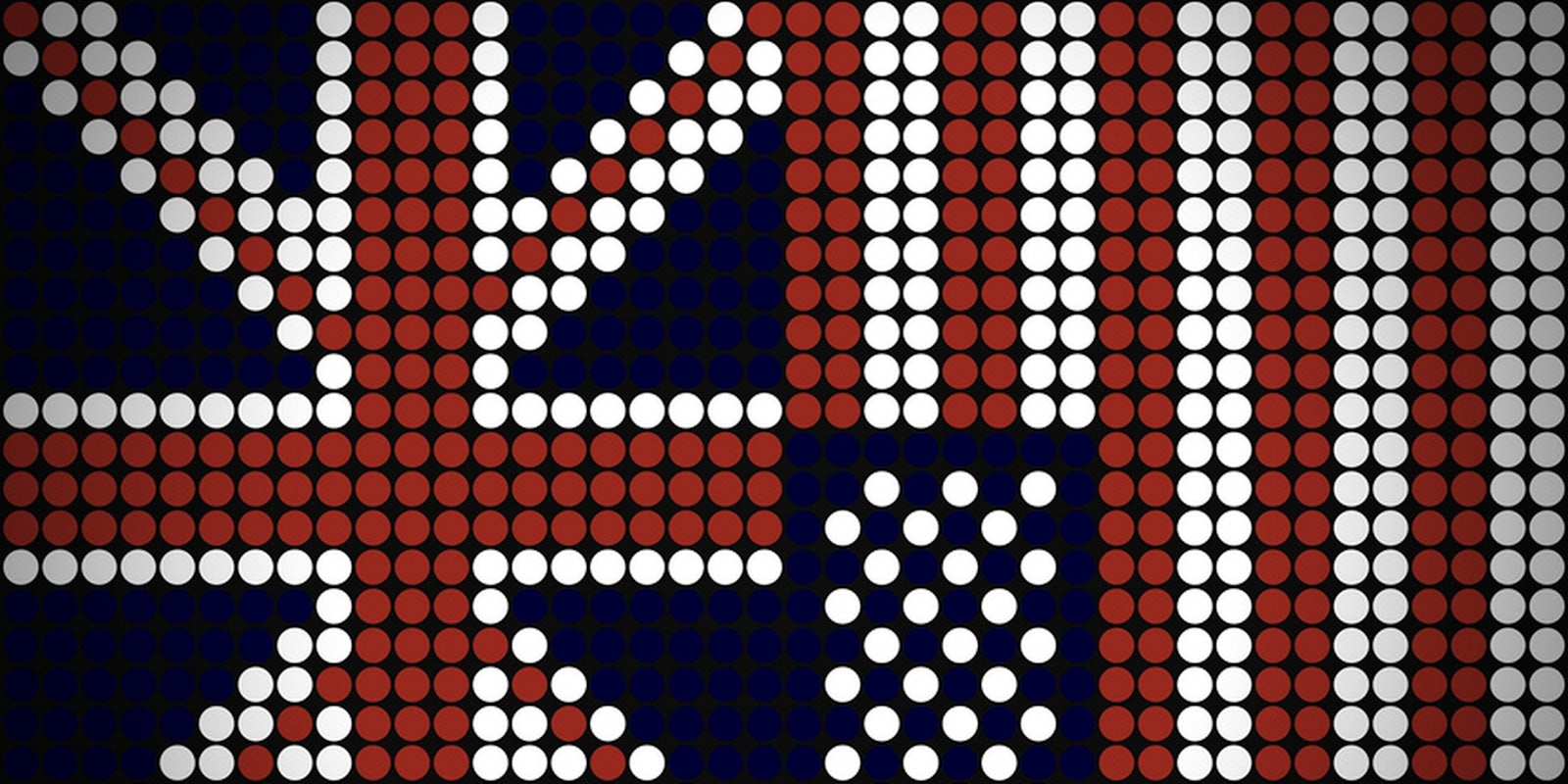Despite a no-spying agreement between the U.S. and Britain, the National Security Agency maintained a secret policy for surveilling U.K. citizens.
Throughout the summer, a series of leaks by former intelligence contractor Edward Snowden slowly elucidated the NSA’s spying practices both as home and abroad. For months, it seemed as if the U.S. adhered to a no-snooping policy agreed upon between the U.K., New Zealand, Australia, and Canada. Collectively, the countries are known as the Five Eyes.
The agreement between the U.S. and Britain dates back to 1946, when the two officially decided not to spy on each other’s citizens.
However, according to an NSA memo revealed on Monday by the New York Times, both the U.S. and the U.K. appear to have formed some sort of agreement in which the two countries can spy on each other’s citizens if it’s in “the best interest of each nation.”
As the Times reported, it isn’t clear whether this memo was ever acted upon or formally codified as NSA policy. A former intelligence official told the paper that he doubted such spying occurred very often. “They would do this unilaterally so rarely and in such extraordinary circumstances because they would be so concerned about hurting the relationship,” the official said.
However, in the past, the U.S. hasn’t seemed shy about spying on allies. As a result of another of Snowden’s leaks, it has been revealed that for years the agency has spied on Germany and France. One claim, adamantly denied by the agency, is that the U.S. government monitored the phone calls of millions of French citizens. Another claim is that the U.S. tapped the personal cellphone of German chancellor Angela Merkel.
The Times didn’t publish the memo, and so several questions remain unanswered: It is unclear whether the agency had a similar agreement with other nations of the Five Eyes. Further, it is difficult to determine how the U.K. interpreted the policy.
Given the NSA’s propensity for spying on other nations (that’s what we pay it to do, after all), the memo is in many ways not surprising. However, one particularly interesting aspect is the mutual nature of the agreement between the U.S. and the U.K.
It seems, from the line “best interest of each nation,” that the U.S. to some extent acknowledged and at least tacitly permitted the U.K. government to spy on Americans. If true, the agency will no doubt have to answer not only for spying on its own citizens but for allowing others to do so as well.
Photo by gavjof/Flickr


